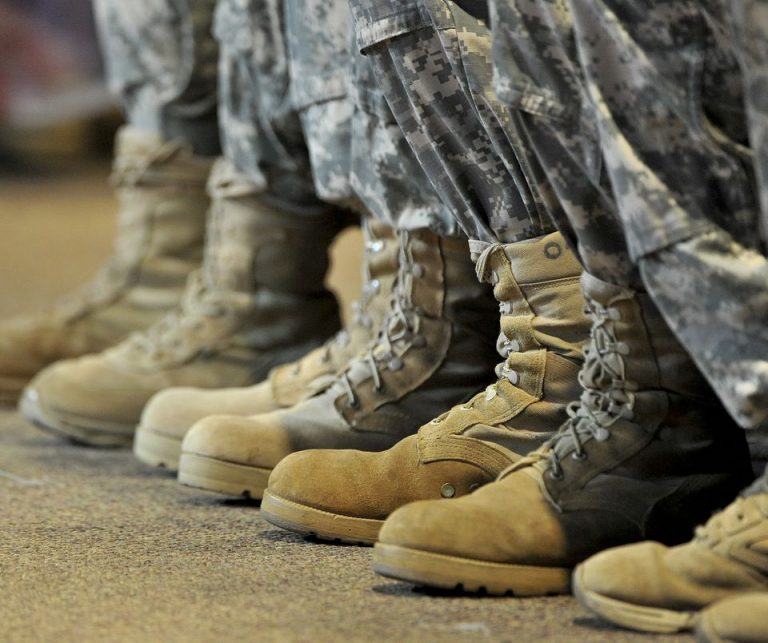
On June 14, the U.S. Army renamed Fort Polk to Fort Johnson. The new name honors World War I veteran Sgt. William Henry Johnson, who served on the frontline in France.
Johnson served with such devotion and bravery he was not only awarded the Croix de Guerre avec Palme, but posthumously awarded the Purple Heart and the Distinguished Service Cross.
With the renaming of Fort Johnson, he becomes one of the few black soldiers commemorated with an installation.
While Johnson may not have previously been a household name recognized for his heroism, his actions at war have long been legend in the military.
According to CNN, Brig. Gen. David Gardner, Commanding General of Fort Johnson, was proud to see Sgt. Johnson memorialized.
“Sgt. Henry Johnson embodied the Warrior spirit, and we are deeply honored to bear his name at the Home of Heroes,” Gardner said.
Johnson was born in Winston-Salem, North Carolina, around July 15, 1892. He moved to New York as a teen, enlisting in the Army on June 5, 1917. Johnson was assigned to Company C, which later became the 369th Infantry Regiment. Activated in 1918, he was stationed in the Champagne region of France.
It was there, while standing guard on May 15, 1918, Johnson and Pvt. Needham Roberts were ambushed by at least a dozen German soldiers.
READ MORE: Florida Gov. Ron DeSantis vows to restore name of Fort Bragg in NC speech
Roberts was badly injured in the attack. Johnson advanced from his position and engaged the enemy, continuing with hand-to-hand combat after his ammunition ran out.
Remarkably, Johnson was successful in defeating the attack, wounding many of the soldiers and killing at least four. While he sustained no less than 21 injuries, including gunshot, shrapnel and stab wounds, Johnson had succeeded in protecting his fellow soldier and their position.
While Johnson survived the night, his wounds were too extensive for him to continue his service. Following the Allied victory, Johnson lead the 369th victory parade in New York in honor of his regiment, which had earned the name the “Harlem Hellfighters” for their fierceness in battle.
Johnson died in 1929 and was buried at Arlington National Cemetery.
Gen. Daniel R. Hokanson, Chief of the National Guard Bureau, found the renaming of the fort particularly poignant, according to a National Guard release.
“I am always struck by the transformative power of the training fields,” Hokanson said. “This is the fire in which warriors are forged. Johnson’s is a story of fearless heroism and the National Guard’s groundbreaking contributions to World War I. The soldiers who pass through these games go forth with the spirit of Henry Johnson. These are the values of the U.S. Army, and these are the values we are proud to fight for today. That’s why I am proud that this place bears the name of a guardsman.”
American Military News Rephrased By: InfoArmed
